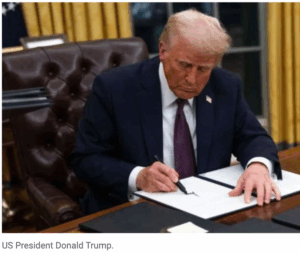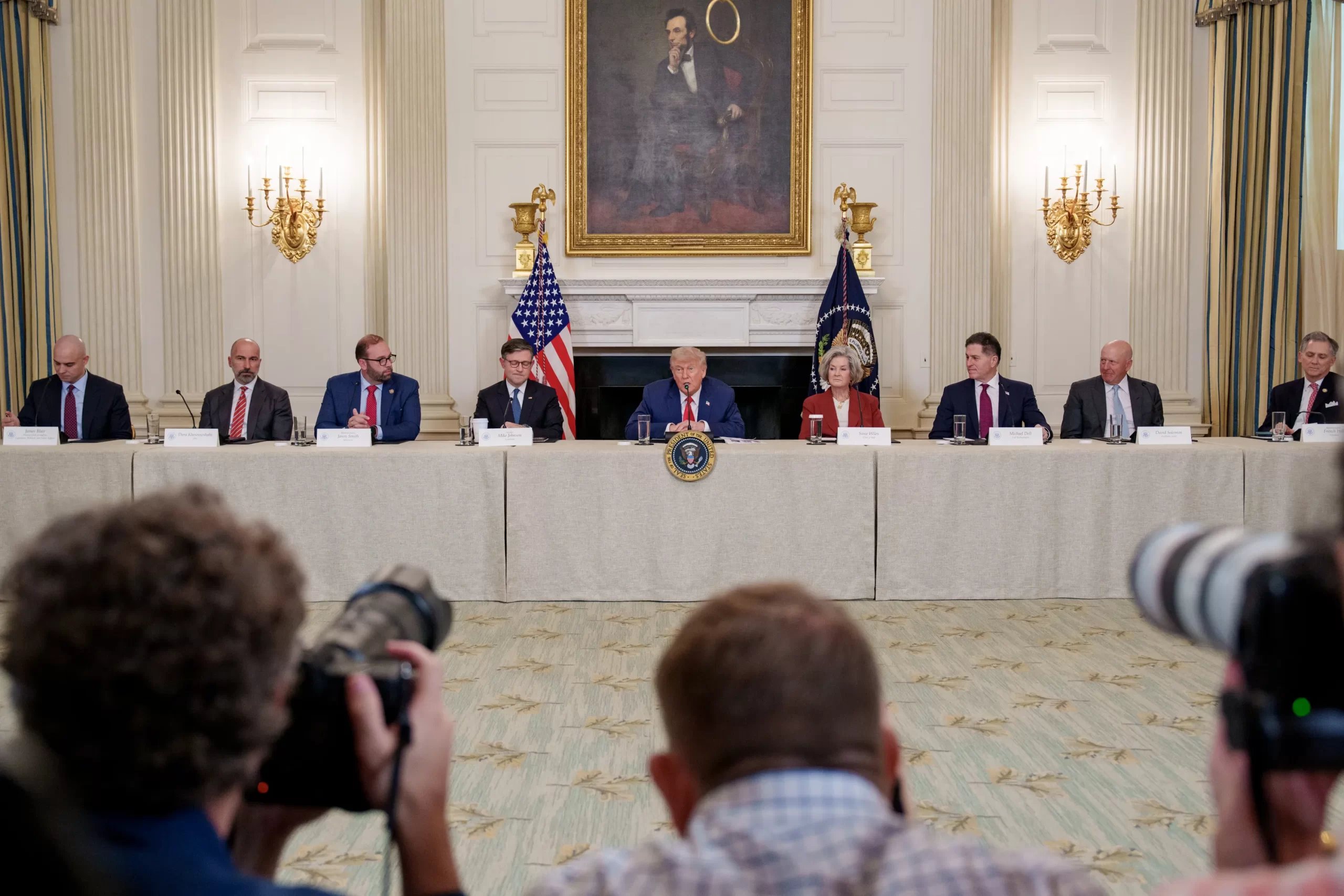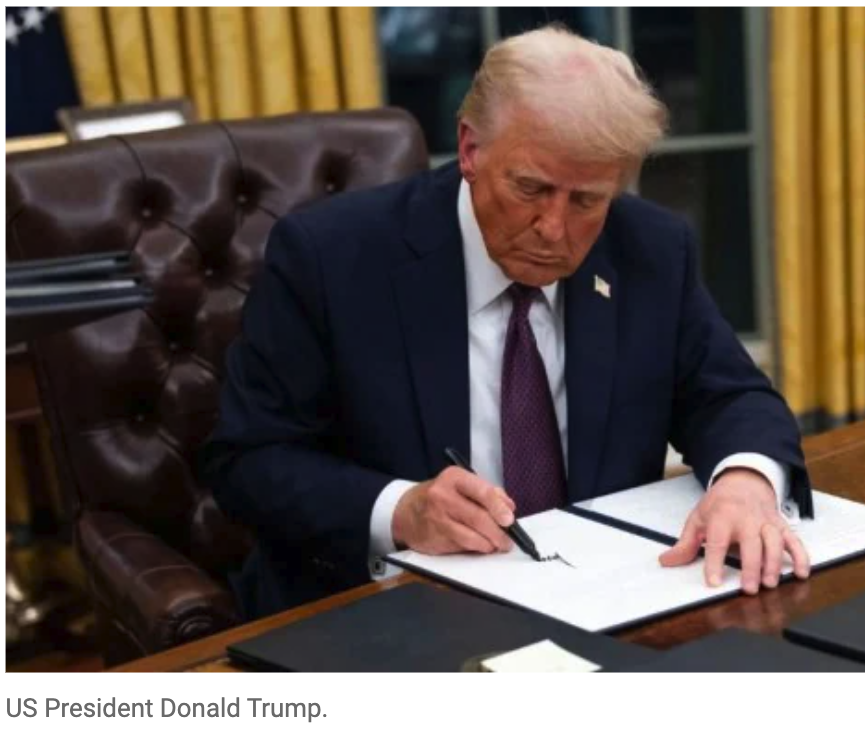On June 7, 2025, the Office of Management and Budget outlined key details of the One Big Beautiful Bill Act (OBBB), a legislative proposal designed to address the U.S. fiscal trajectory. The bill includes $1.7 trillion in mandatory savings over 10 years, described as the largest in U.S. history, surpassing inflation-adjusted savings from previous deficit reduction laws, such as the Deficit Reduction Act of 2005 ($140 billion), the Balanced Budget Act of 1997 ($800 billion), the Omnibus Budget Reconciliation Act of 1993 ($370 billion), and the Omnibus Budget Reconciliation Act of 1990 ($440 billion).
The OBBB is projected to reduce the federal deficit by $1.407 trillion over 10 years. This reduction comes from $1.675 trillion in net mandatory savings, partially offset by $297 billion in border and defense spending, $130 billion in new tax cuts, and other adjustments, including $95 billion in non-tax revenues and a $63 billion reduction in debt service costs. The savings are described as permanent changes to law, expected to continue beyond the 10-year period.
The broader fiscal strategy of the current administration includes additional measures such as increased tariff revenues, discretionary spending cuts for fiscal years 2025 and 2026, and regulatory changes reversing previous welfare benefit expansions. These policies are estimated to reduce deficits by $6.691 trillion to $6.921 trillion over 10 years, with contributions from tariffs ($2.8 trillion), discretionary spending cuts ($1.555 trillion), regulatory changes ($170 billion to $400 billion), and reduced debt service costs ($759 billion).
The Congressional Budget Office (CBO) estimates a baseline deficit of $21.092 trillion for 2025–2034, adjusted to $25.445 trillion when accounting for the continuation of the 2017 Tax Cuts and Jobs Act (TCJA), which adds $3.76 trillion in deficits and $594 billion in debt service costs. The administration anticipates that economic growth from policies like low taxes, regulatory relief, reciprocal trade, and increased energy production could further reduce deficits beyond CBO projections.
The OBBB is presented as a critical step toward achieving a balanced budget, with additional efforts needed to meet long-term fiscal goals.












